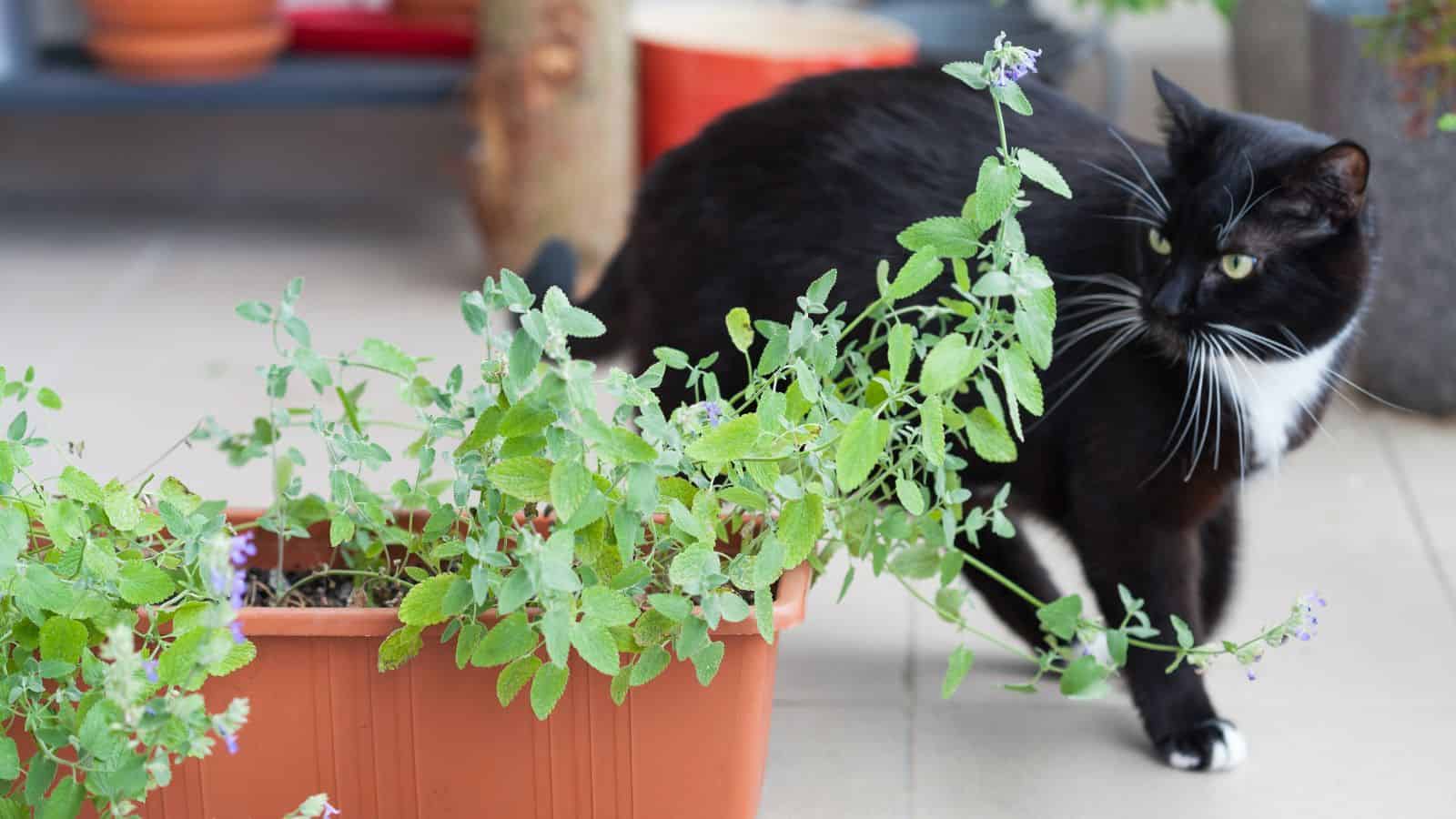Growing herbs indoors is a fantastic way to have fresh flavors at your fingertips year-round. Whether you’re a seasoned gardener or a beginner, following these tips will help you cultivate healthy and thriving herbs indoors.

1. Provide Adequate Light
Light is crucial for the growth of healthy herbs. Most herbs need at least 6 hours of bright, direct sunlight each day to thrive. South-facing windows are ideal, but east or west-facing windows can also work if they receive enough light. If natural light is insufficient, consider using grow lights to supplement. LED grow lights are energy-efficient and can provide the necessary spectrum of light for your herbs to grow vigorously.
Light Tips:
- Rotate your herb pots regularly to ensure all sides receive equal light exposure.
- Use reflective surfaces around your herbs to maximize light distribution.
2. Choose the Right Containers and Soil
Selecting the appropriate containers and soil is essential for the health of your indoor herbs. Use pots with good drainage to prevent water from sitting at the bottom, which can cause root rot. Terra cotta pots are a good option as they allow excess moisture to evaporate. When it comes to soil, opt for a high-quality potting mix that is light and well-draining. Avoid garden soil, which can be too dense for indoor plants.
Container and Soil Tips:
- Ensure each pot has drainage holes to prevent waterlogging.
- Consider using a saucer or tray under the pots to catch excess water.
3. Water Properly
Proper watering is key to growing healthy herbs indoors. Overwatering is a common mistake that can lead to root rot and other issues. Water your herbs when the top inch of soil feels dry to the touch. It’s better to underwater slightly than to overwater. Herbs generally prefer slightly dry conditions over being consistently wet. Use room temperature water and avoid splashing water on the leaves to prevent fungal issues.
Watering Tips:
- Water early in the day to allow any excess moisture on the leaves to evaporate.
- Use a watering can with a narrow spout for precise watering.
4. Maintain Proper Humidity and Air Circulation
Indoor environments can sometimes be too dry for herbs, especially in winter when heating systems are running. Herbs generally prefer a humidity level of around 40-50%. To increase humidity, you can place a tray of water near your herbs or mist them occasionally. Additionally, good air circulation helps prevent mold and mildew. Ensure there is some airflow around your herbs by placing them in a well-ventilated area or using a small fan.
Humidity and Air Circulation Tips:
- Grouping plants together can help increase humidity around them.
- Avoid placing herbs in drafty areas or directly next to heating vents.
